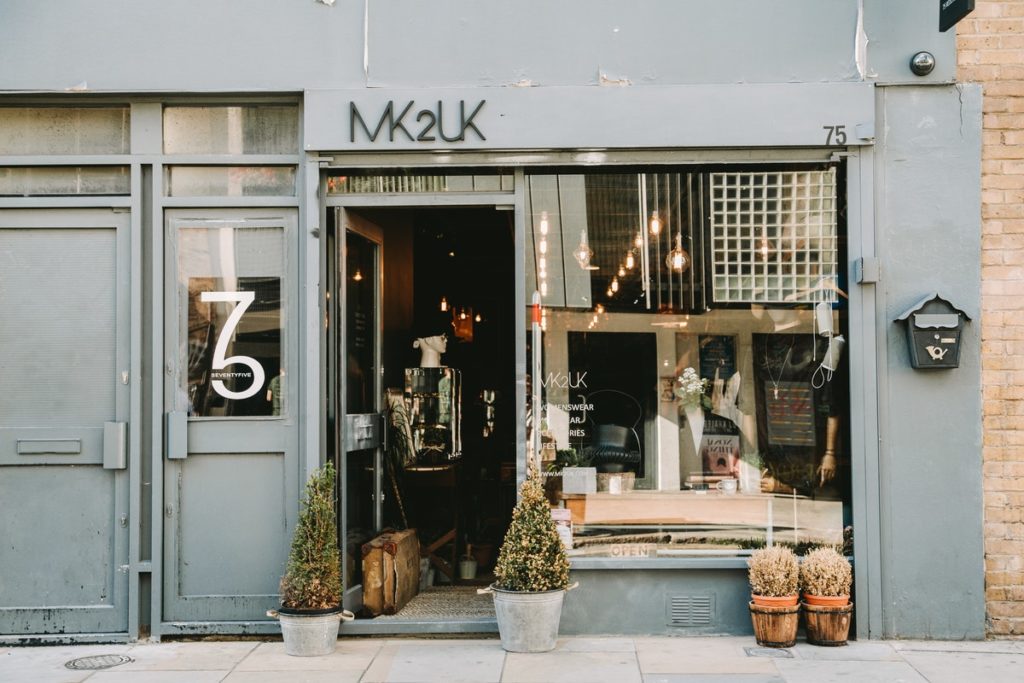Commercial real estate has many perks compared to residential ones. Top on the list is profit. Investing in commercial real estate means annual returns of 6% to 12% off the purchase price. Compare that to the residential properties which can give you a measly 1 to 4% returns and you know you’re in good company with commercial rentals.
But there’s a downside too. For starters, commercial real estate will cost you more. You will need tons of cash upfront to acquire a commercial property than when you do with residential. Plus, there are also inherent risks, like having to deal with all the people that come in and out of your building.
Then, there’s the case for the utility bills. Unlike residential properties, you are dealing with tenants who are likely into a business. So, keeping them operational is paramount. Thus, if you’re just starting out as a commercial real estate landlord, you may wonder who should pay the utility bills. What would you do to avoid the confusion? Well, there are actually two solutions to that. Somethings you need to look into before you draft the lease agreement.
Solution 1: Include Utilities in the Rent
Take note that commercial properties are more time-consuming than residential ones. Why? Simply because you need to manage these properties more compared to residential. In short, you can’t be a typical absentee landlord. For starters, you need to handle maintenance issues.
Thus, when you factor the utility bill in the monthly payments you earn a considerable advantage. First stop, you do away with ambiguous situations where you could end up in a shouting match with your tenant. Everything is taken care of with one bill payment.
You can say it’s a win-win solution for everyone. The tenant won’t have to bother paying for each and every bill and you need not have to collect more in a month’s duration.
This can be a magnet for more tenants to get in line and rent your property. When you have utilities factored it simplifies everything.
You might even add profit to it all. Sometimes, the amount of the rent for the utility is way higher than the utility costs themselves. Even better, you can always improve your commercial property so energy wastes are at a minimum. That can certainly amp your profits when you do.
A concrete example is your insulation. When you factor in better insulation in your property, chances are the overall energy expense goes down. That means HVAC won’t have to work double-time to get needed heating or cooling in the property.
For one, this is why insulated metal roof panels are spot-on. Such reinforced roofing ensures your building is better insulated, lowering monthly power bills in the process.
The downside to all this is you’re putting a lot of responsibility on your shoulders. Imagine paying for all the utility bills can be a tall order. And if for some reason you fail to pay, you may find yourself in a tight situation. Key services such as electricity and hot water could be suspended. And before you know it, you have an angry mob waiting for you at the door.
Solution 2: Do Not Include Utilities in the Rent

Another solution is to have your tenants pay for the utilities themselves. This can certainly save you from the headache. As they are responsible for themselves, you need not worry if they don’t pay their bills on time. By doing so, they will have to face the consequences of their action.
As explained earlier, this certainly frees your shoulders of a lot of burdens. Indeed, you need not manage the whole payment to each utility process, unlike when you include the utilities in the bill.
Then there’s human behavior that could be detrimental to you. When you have the utilities in the rent, tenants could get nasty. Not as motivated to save, tenants could become more wasteful. In the process, the utility bill could go up, giving you headaches as they could be using more than what they paid for.
But when tenants are responsible for payments of the utility bills, they’ll conserve energy. They definitely won’t want to pay more than needed.
You certainly need to do your due diligence before you decide on things. For starters, you need to research how much other commercial properties are paying when it comes to utilities. And how they’re doing things. With this knowledge, arriving at a better rent price is easier.
Moreover, check the energy efficiency of your commercial property. The higher the level of insulation, the better for you. Lastly, make use of a valid lease agreement. A good one can save you a lot of headaches, not to mention keep your business in demand.

